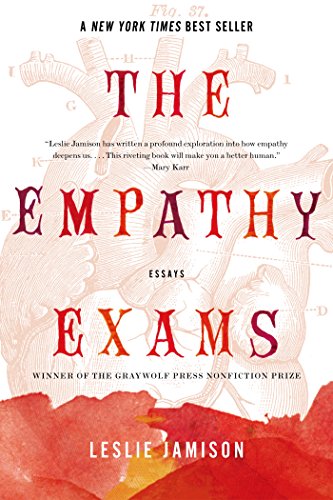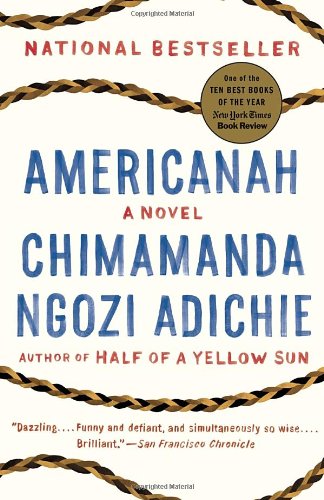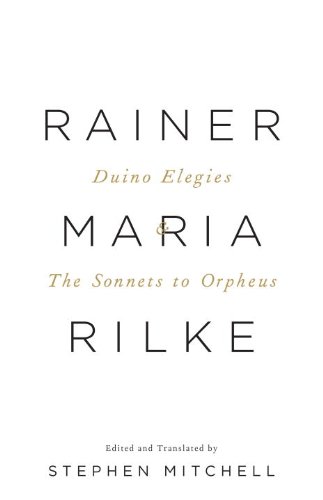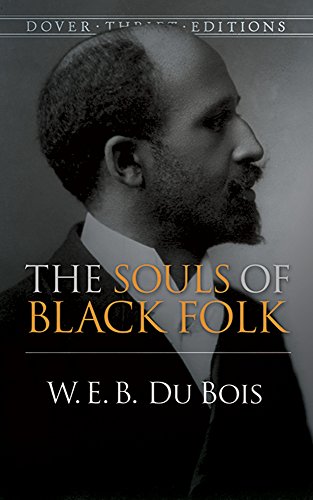Everyone knows the name Truman Capote, but most people haven't really read him, or if they have, they've read In Cold Blood, his true crime novel. I don't want to take anything away from that book, which besides being a really incredible feat of writing, is also going to appear on The Bookhive List; however, Other Voices, Other Rooms, Capote's debut novel, is my favorite work by Capote. Although it was eventually eclipsed by the tremendous success of In Cold Blood, it was really critically acclaimed in its own time and made a huge splash in part because of the youth of its author, aided by a very seductive, precocious author photo on the back cover of the novel.
Other Voices, Other Rooms is the semi-autobiographical story of 13-year old Joel Knox who is sent to live in the decaying mansion on his estranged father's plantation in Louisiana following the death of his mother. Thematically, the novel really hinges on Joel's coming-of-age and acceptance of his homosexuality which all plays out in the fruitless search for a connection to his father. It exemplifies everything I love about Southern Gothic writing and there is a really pervasive, almost kitschy sense of magical realism to the whole thing. So many of the characters and images from the novel have stuck with me and pop into my head at the strangest times, and the whole thing really lingers in the most incredible way.
The Bookhive List is a weekly recommendation of my all-time favorite, must-read books.










